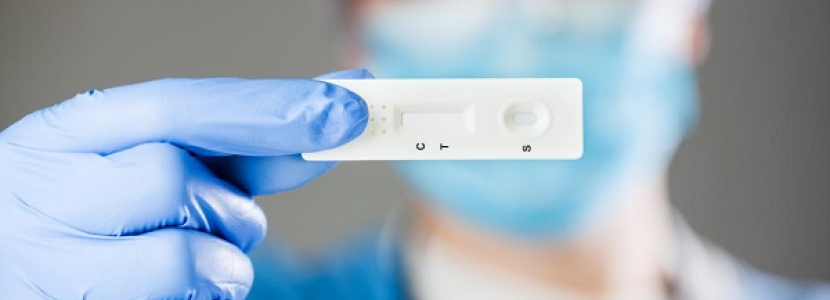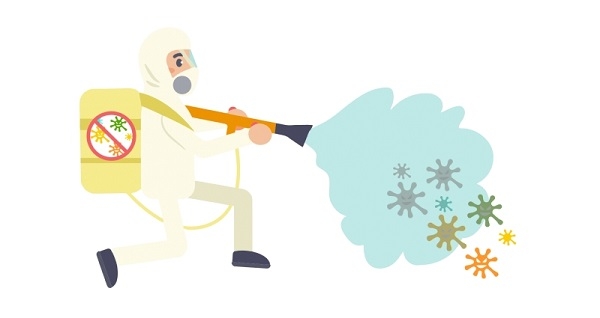
Antigen Testing for Events
In an era marked by the bug that is affecting all sectors of society, we all know that this effect has had an exponential impact on the world of events, as this business segment brings together the factors that in theory increase the risk of contagion: many people together, mass movements, direct interpersonal contacts, enclosed spaces, etc.
That is why, while waiting for the vaccination processes to settle down and extend their scope to the whole of society and as events are gradually rising from the ashes, on-site prevention is becoming so necessary, i.e. the sanitary control of people once they arrive at the event venues. Regardless of whether they are sporting, cultural, corporate, social... authorities demand assurance that attendees are healthy and virus-free, so here and now a new key element has come into play: on-site testing.
When we think of tests for coronavirus, the first thing that comes to mind is the now famous "PCR" (polymerase chain reaction, in case you ever wondered), but this type of test has the disadvantage that its results are not available until several hours later, so it is not suitable for the celebration of an on-site event. Another option is a serological test, which, although it can provide past and future information, as well as the moment of infection, is the same as the PCR, as the results are not available until several hours later.
But in September last year, the Ministry of Health approved the use of antigen tests to check whether a person carries Covid-19 or not. The Community of Madrid was the pioneer and the one that demanded, among other regions, its massive use to stop the advance of the coronavirus pandemic. Initially, many experts questioned its efficacy, although the second generation of tests has substantially improved the effectiveness of the results.
The 3 major advantages of an antigen test, especially in the world of events, are:
- They are rapid (results within minutes)
- No laboratory is required to test the samples
- No special training is required for the health care staff performing the test.
- They are painless and hardly uncomfortable
- They are relatively inexpensive (current market price is around 25-30 euros per test).
- Reliability is between 93% and 99%, depending on the model, with a tendency to further improve in this respect.
- Consequently, these new tests have been a turning point for events, as it is estimated that with for example 3 nurses, up to 60 tests per hour can be carried out.
Although these tests are not mandatory and are subject to the decision of the event organiser, they have suddenly become a very useful tool for them. The facts show that there have been hardly any outbreaks or contagions at professional events since the beginning of the pandemic, as they also fall within the framework of responsible attendees.
Obviously, it is necessary to continue respecting all the existing protocols (hand hygiene, masks, distances... ), but it has been achieved that companies have changed the perception of their responsibility towards the potential risk involved in any event organised by them.
From EVENT PLANNER SPAIN we encourage all our clients to take a look at our Covid 19 Prevention Services section.









